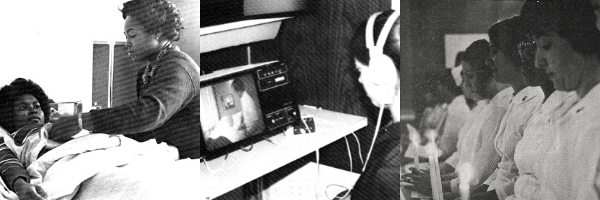Date of Award
2024
Document Type
Dissertation
Degree Name
Doctor of Nursing (ND)
First Advisor
Dr. Alena Groves
Abstract
Sexually transmitted diseases (STDs) and sexually transmitted infections (STIs) are a prevalent problem for all age groups. According to the Center for Disease Control (CDC) (2021), young people ages 15-24 years old account for almost half of all newly diagnosed STIs in the United States. Mississippi is steadily seeing increases in STIs, especially syphilis. The number of syphilis cases almost tripled from 2013 to 2016 according to the Mississippi State Department of Health (n.d). Early detection of STIs makes treating and curing STIs easier which is crucial for sexual and reproductive health but is a problem with the most vulnerable group of adolescents aged 15-24 years old. Approximately 12.7% of sexually active adolescents and young adults who were on their parent’s health insurance would not seek health care related to sexual health for fear of their parents finding out (Litchliter et al., 2017). For this project, a comprehensive literature review reiterated the need for increased screening and education surrounding STIs. Participants were limited to females ages 18-25 and were asked to scan a QR code on their smartphone which took them to the project information. After scanning the QR code, the pretest was presented but was preceded by informed consent and began with a demographic section followed by a knowledge section, and then concluded with a personal practice section. After finishing the pretest section, participants were taken to an 5 educational PowerPoint developed by the researcher. A posttest was given following the completion of the educational material to measure if a knowledge increase occurred. Analysis of the survey results showed that there was a statistically significant increase in knowledge between the pre- and posttest after completing the educational PowerPoint (p = 0.008). An STI provider tool protocol was developed from the CDC’s “Prepare Before You’re There” online quiz and developed to implement into clinic visits and streamline the STI visit. The STI screening tool was implemented in one urgent care clinic and two student health centers. Upon completion of the clinical practice project, participating providers were asked if they felt like they diagnosed more STIs while utilizing the STI provider tool and almost 75% stated yes. This increase in screening would lead to more STIs being found and treated and therefore increase opportunities to increase knowledge of STIs. This analysis further validates the need for increased education in females ages 18-25 related to STIs to improve their overall health.
Recommended Citation
White, Margaret H., "Implementation of Sexually Transmitted Disease Screening and Education in the College Aged Female" (2024). DNP Projects. 21.
https://athenacommons.muw.edu/dnp/21


